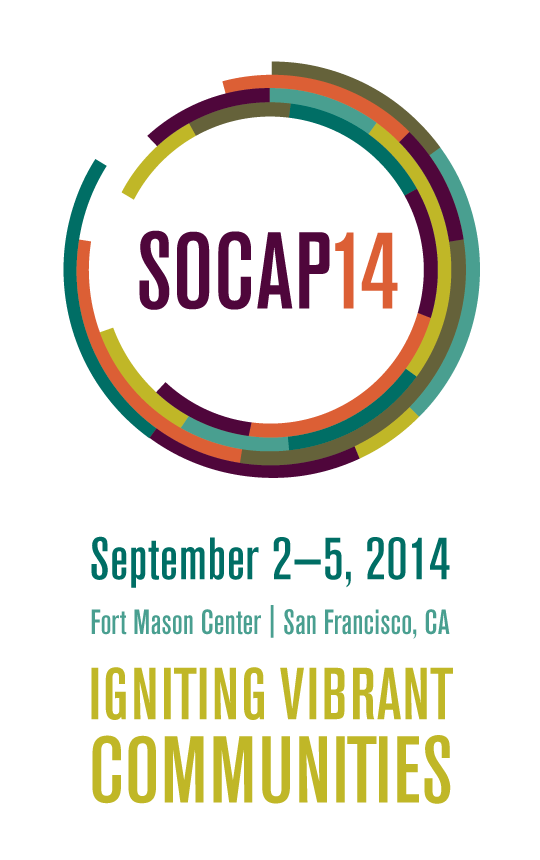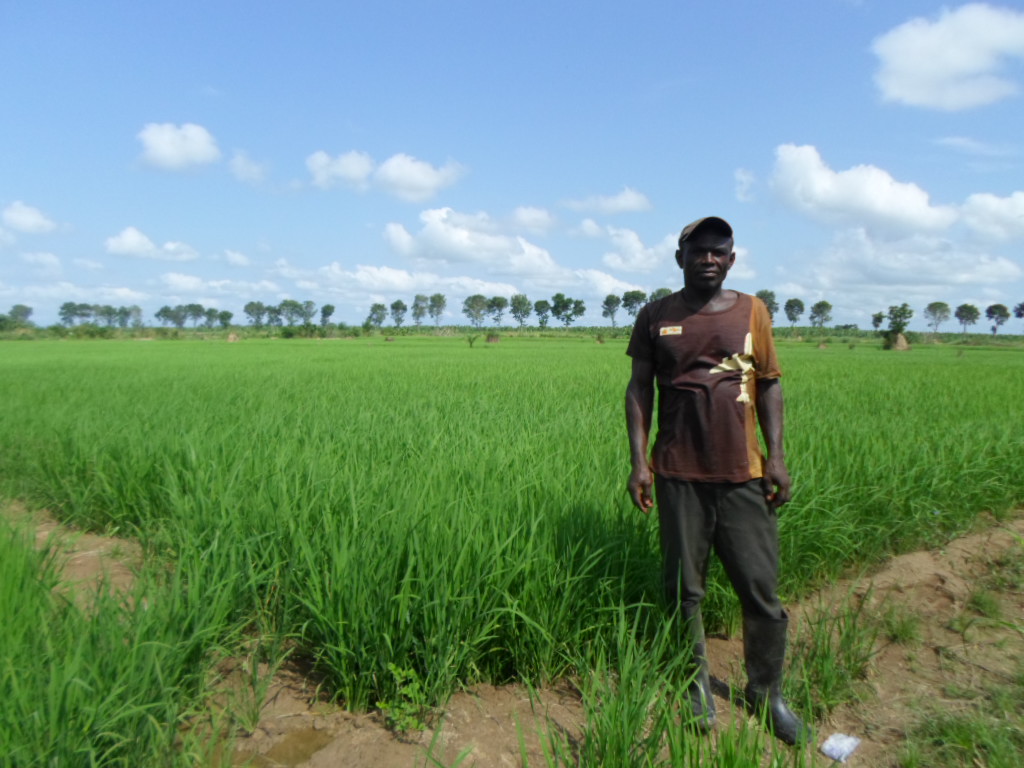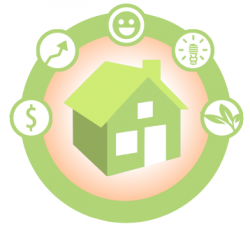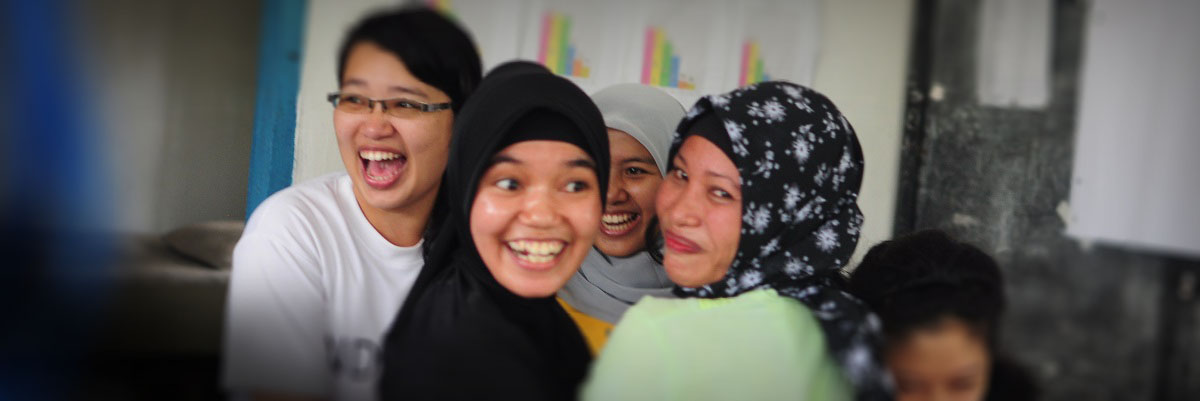By: Mina Shahid, Kulemela Investments
In the Zambian Chinyanja language Kulemela means to prosper. There are over 100 million smallholder farmers in Africa today. We have never met a farmer who just wants to put food on the table. They want to send their kids to school, and build a better house. They want to prosper. In order for African farmers to prosper they need access to markets and these markets need access to flexible investment capital. The Kulemela team has been farming alongside African smallholders, and advising agricultural entrepreneurs since 2008. Entrepreneurs that create opportunities for farming households often need $20,000 worth of missing-middle financing, not a $200 microloan or a $200,000 impact investment. Entrepreneurs like Basideen Issifu - Ghana’s first commercial guinea fowl producer and poultry incubator manufacturer. We’re inspired by Basideen because he envisions a vibrant agricultural community in Ghana that doesn’t need to import 90% of its poultry. And Samuel, a small-scale juice processor who we met recently. He has over $100,000 dollars in collateral but he still cannot access a $15,000 loan to purchase oranges from his network of outgrowers to meet an export order. Basideen and Samuel represent the $140 billion credit gap in Africa. Without financing their potential, and that of the Ghanaian agriculture sector as a whole is systemically constrained. With a network of young professionals who want to invest their money with purpose, Kulemela is igniting vibrant communities both in North America and Africa by offering alternative investment opportunities for Western investors, and designing financial products specifically for small and growing African agribusinesses who require $10k - $100k of growth financing. Working directly with agribusinesses that are too big for microfinance but not yet ready for mainstream impact investment or commercial bank financing, we are creating a world where African agriculture is deemed prosperous, entrepreneurs have the tools and resources they need to succeed, and small-scale farmers have too many choices rather than too few. At SOCAP14 we’d like to expand this community and learn about how other actors are tackling the challenge of designing flexible investment products for the missing-middle.





